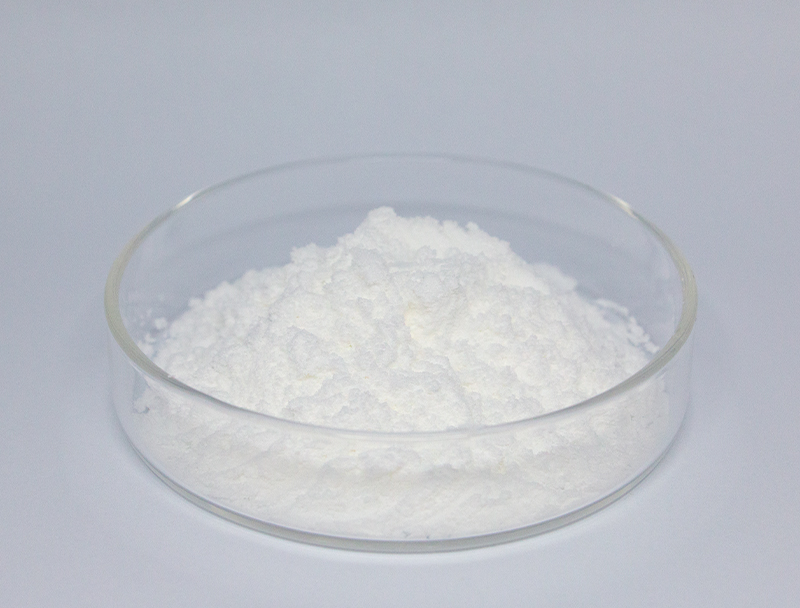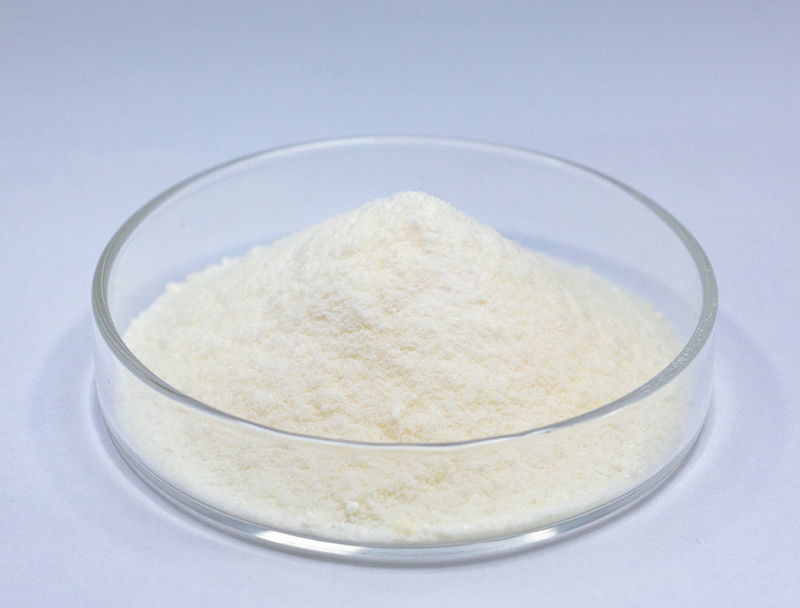
Advanced biosystems are built around a substantial range of base components to produce innovative bio-based products.
Safeguarding environmentally mindful sourcing is paramount for the long-term viability and ethical growth of the industry.
several issues arising from typical material sourcing including biodiversity loss and excessive resource use. Consequently, biotech firms need proactively to adopt sustainable procurement approaches to reduce environmental impact.
- Samples of circular procurement methods cover:
- Harnessing secondary biomass from farming outputs
- Applying zero-waste frameworks to limit waste and optimize resource use
- Forging alliances with neighborhood suppliers supporting green sourcing
Embracing sustainable procurement produces environmental benefits with profitable potential.
Refining Biomass Sources to Enhance Fuel Conversion
Raising biofuel yields involves refining feedstock structure and content. Investigators regularly test new routes to upgrade biomass inputs, creating higher productivity and an eco-friendlier fuel landscape. Tactics include molecular breeding to increase biomass and chemical or physical pretreatments to release sugars.
- In addition, projects pursue feedstocks like algae, waste fractions, and harvested residues to enlarge the selection of eco-friendly biomass for bioenergy.
- Because of continual endeavors biofuel technology is set to attain meaningful progress that supports renewable energy growth.

Transformations in Upstream Biopharma Workflow Design
includes primary operations from inoculation through cell collection Contemporary breakthroughs have refined protocols and elevated product throughput.
Important innovations consist of upgraded cell platforms, customized nutrient matrices, and smart bioreactor solutions. These changes expand productivity and help reduce both financial and environmental overhead.
- Moreover, continuous manufacturing adoption is enabling dynamic control and greater adaptability in upstream workflows.
- The adoption of higher-tech manufacturing practices will likely disrupt traditional models and speed therapeutic launches.

Innovations in Gene Editing for Improved Biopharmaceutical Yield
refinements in gene-targeting technologies have advanced protein production workflows. Through focused genomic edits within host strains, scientists increase expression of desired therapeutic proteins. This capability can unlock development of cost-efficient, high-performance biologics for many conditions.
Microbial Biotechnology as a Sustainable Cleanup Strategy
state-of-the-art biological cleanup solutions using targeted microbial actions. Selected microbial cultures can remediate contaminants through biodegradation pathways.. Applying microbial remediation systems creates low-impact cleanup options that address contamination efficiently.. Laboratories test microbial species for efficacy against metals, pesticide pollutants, and oil-related contamination. Such organisms are usable in treatment systems or applied directly to soils and waters to drive biodegradation of contaminants..
Biotechnology-driven remediation delivers notable upsides compared to conventional cleanup tactics. Microbial remediation can cut expenses and limit harmful secondary emissions. In addition, microbial approaches enable pollutant-specific treatment without broad ecological disruption. Research progresses swiftly to enhance microbial remediation efficiency and practical effectiveness.
Leveraging Bioinformatics for Novel Therapeutics
Bioinformatics techniques are integral to present-day therapeutic development workflows. From target discovery through candidate optimization, bioinformatics facilitates streamlined, hypothesis-guided workflows.
- Via examination of genomic, proteomic, and clinical datasets, researchers pinpoint targets and project drug activity.
- Concurrently, virtual screening and simulation shape the development of more effective therapeutics.
- In the end, informatics-driven methods streamline development and accelerate delivery of therapeutic solutions to patients.
Cell Factory Optimization for Higher Bioproduct Output
employs a variety of strategies to augment the synthesis of valuable bioproducts within microorganisms. Strategies involve pathway refactoring by genetic modification, expression modulation for balanced flux, and grafting of novel genes to add capacity.. Through careful adjustment of metabolic routes engineers can markedly elevate product titers.
This wide-ranging tactic can overhaul industries spanning medicine, agriculture, and energy production.

Barriers and Benefits When Expanding Biopharmaceutical Manufacturing
Expanding production volumes poses difficult barriers yet offers substantial opportunities. Ensuring product consistency at larger manufacturing scales represents a major hurdle. Resolving 4-Aminobutyric acid it depends on rigorous control strategies, precise instrumentation, and comprehensive analytics.

The multi-faceted nature of production steps adds complexity to scaling efforts. Transforming bench processes into industrial practice requires sustained research and engineering innovation. Despite challenges, the benefits may be considerable. Skilled scaling can enlarge supply, lower prices, and increase profit potential.
Challenges are being addressed through a number of initiatives. Efforts include process-digitization tools, integrated analytics for monitoring, and fresh manufacturing paradigms.
- Research and development activities are central to evolving manufacturing capacity.
- Regulatory agencies are working to streamline approval processes for new manufacturing technologies, facilitating innovation in the field.
Mapping the Compliance Environment for Safe Therapeutic Development
Engineering biologic therapies includes robust governance to assure patient safety and measure effectiveness. Products of biological origin introduce specific challenges that differ from standard drug development.
Agencies such as the FDA in the United States and the EMA in Europe play a crucial role in establishing guidelines and standards for the approval of these innovative therapies..
Extensive evaluation procedures are essential across development phases, spanning preclinical work to post-market checks.. The protocols serve to uncover safety concerns and certify that products fulfill rigorous protection standards..
Moreover, oversight agencies continually refine approaches to align with accelerating scientific progress in therapeutics.. Policies involve deploying novel tech and expediting development while preserving commitment to patient safety.

Harnessing Plant Feedstocks to Create Biodegradable Plastics
The growing need for sustainable materials has led to a surge in research and development of renewable options. Bioplastics derived from plant biomass provide a viable route to more sustainable plastic alternatives. Feedstocks including cornstarch, plant cellulose, and sugarcane derivatives yield biodegradable plastics which break down and mitigate plastic pollution.
Concurrently, several bioplastic formulations approximate conventional plastic traits and serve wide-ranging applications. Continued research and innovation in this field are crucial to unlocking the full potential of plant-based biomass feedstocks in the manufacture of sustainable bioplastics, paving the way for a circular economy.
Biotechnology's Impact on Global Health and Food Security
Modern biotech tools present opportunities to improve global health and stabilize food production. Through CRISPR, synthetic circuit design, and cell therapy progress, developers generate methods to counter infectious agents, optimize crops, and elevate nutritional profiles.. Consider genetically enhanced crops that resist pests and environmental stresses to improve production and reduce pesticide reliance.. Also, biotechnological innovation fuels development of immunizations, antimicrobial treatments, and diagnostic platforms vital for disease control and population health.. Looking forward, continued biotech progress promises to deliver therapies and agricultural solutions that support health and sustainability worldwide.
